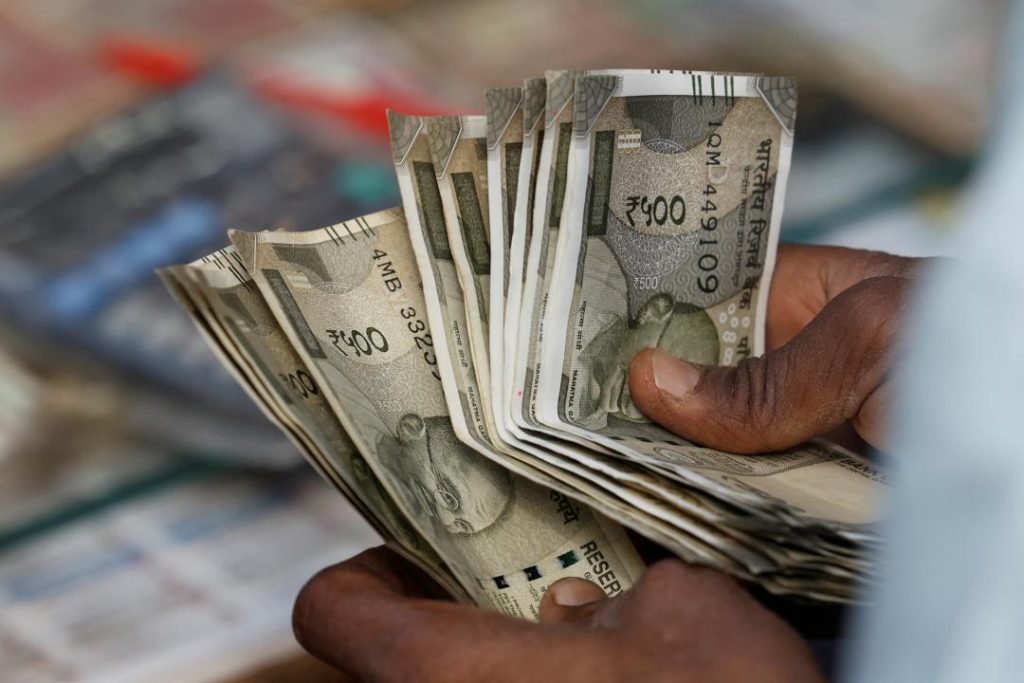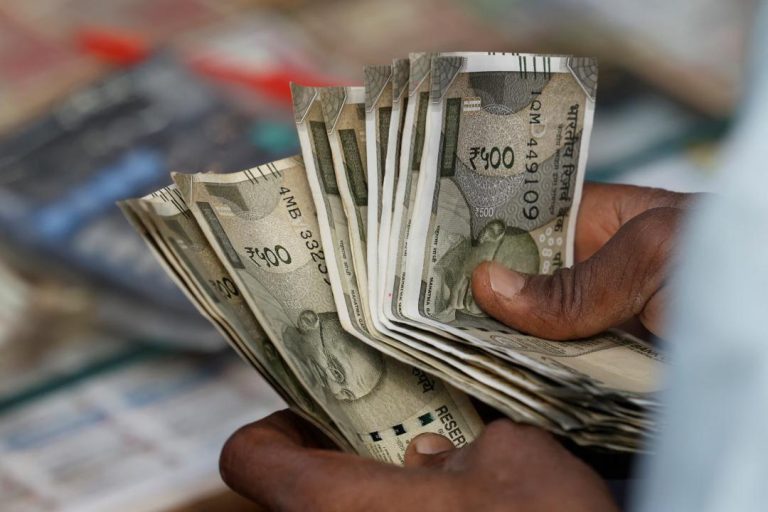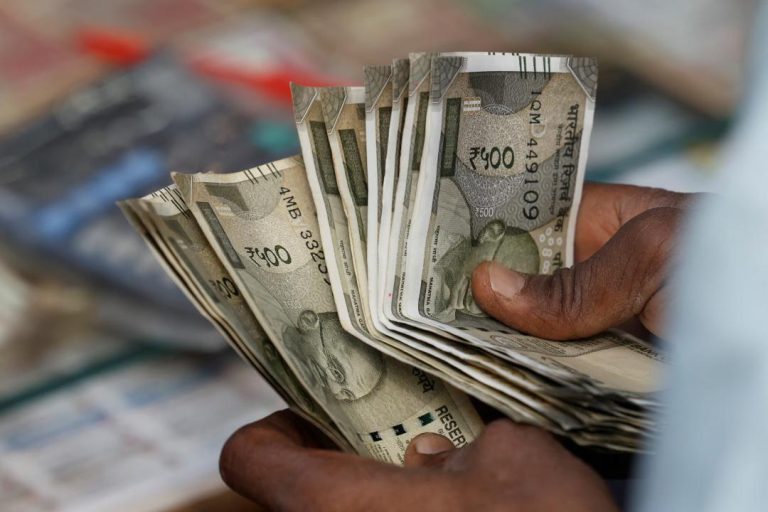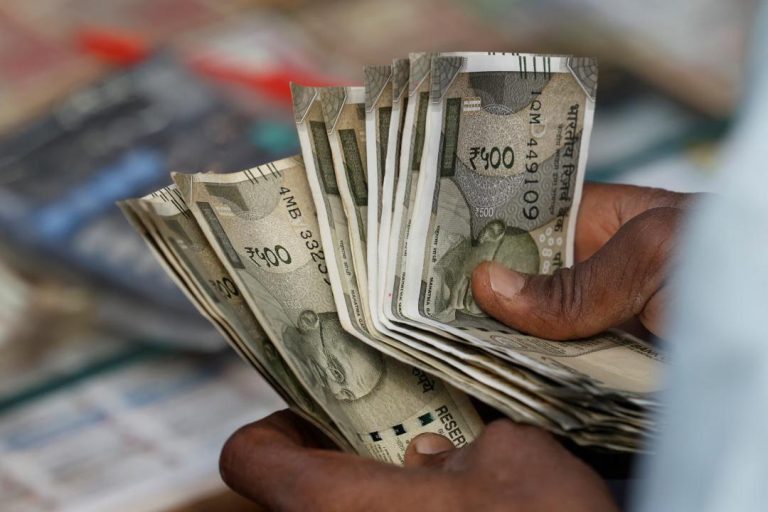
What got cheaper & costlier in March as CPI falls to 67-month-low of 3.34%?
India’s retail inflation has witnessed a significant decline, falling to a 67-month-low of 3.34% in March, as per the latest data released by the Ministry of Statistics and Programme Implementation. The Consumer Price Index (CPI) has been on a downward trajectory since the start of the year, and this latest figure indicates a substantial reduction in prices of essential commodities.
The data revealed that prices of eggs, vegetables, and pulses saw considerable declines in March. The prices of eggs fell by 12.41%, while those of vegetables dropped by 8.22%. Pulses, which have been a major concern for the government due to their high prices, saw a decline of 7.45%. These declines are expected to bring relief to consumers who have been grappling with the high cost of living.
In addition to these essential commodities, prices of spices, meat, fish, housing, recreation, and amusement also saw marginal declines. The prices of spices fell by 0.27%, while those of meat and fish dropped by 0.29% and 0.31%, respectively. Housing prices saw a decline of 0.04%, and prices of recreation and amusement activities fell by 0.11%.
However, not all prices saw a decline. Fruit prices saw a significant jump, rising by 12.13%. This is likely due to seasonal fluctuations and supply chain disruptions.
On the other hand, prices of cereals, milk, oil, sugar, confectionery, clothing, snacks, sweets, pan, tobacco, footwear, and fuel saw marginal rises. Cereals, which include rice and wheat, saw a rise of 0.33%, while milk prices increased by 0.34%. Oil prices rose by 0.35%, and sugar prices by 0.41%. Confectionery, clothing, and snacks saw rises of 0.43%, 0.44%, and 0.45%, respectively. Sweets, pan, tobacco, footwear, and fuel prices also saw marginal increases.
The decline in retail inflation is a welcome respite for consumers who have been bearing the brunt of high prices for several months. The government has been taking steps to boost agricultural production and reduce food inflation, and these measures seem to be bearing fruit.
The decline in retail inflation is also expected to have a positive impact on the economy. Lower inflation rates can lead to higher consumer spending, which can boost economic growth. Additionally, lower inflation rates can also lead to lower interest rates, which can make borrowing cheaper and stimulate economic activity.
However, the government must remain vigilant to ensure that this decline in retail inflation is sustained. The recent decline in prices is largely due to seasonal factors and supply chain disruptions, and it is essential to address the underlying structural issues that are driving inflation.
The government has been taking steps to improve agricultural productivity and reduce food inflation. These measures include the Pradhan Mantri Kisan Samman Nidhi (PM-KISAN) scheme, which provides financial assistance to small and marginal farmers. The government has also been working to increase the production of pulses and other essential commodities.
In conclusion, the decline in retail inflation to a 67-month-low of 3.34% is a welcome development for consumers and the economy. The decline in prices of essential commodities such as eggs, vegetables, and pulses is expected to bring relief to consumers who have been grappling with high prices. However, the government must remain vigilant to ensure that this decline is sustained and address the underlying structural issues that are driving inflation.
Source:
https://pib.gov.in/PressReleseDetail.aspx
Note: The above article is based on the news release from the Press Information Bureau (PIB) of India, Government of India. The article is intended to provide a summary of the news and does not represent the views of the PIB or the Government of India.






